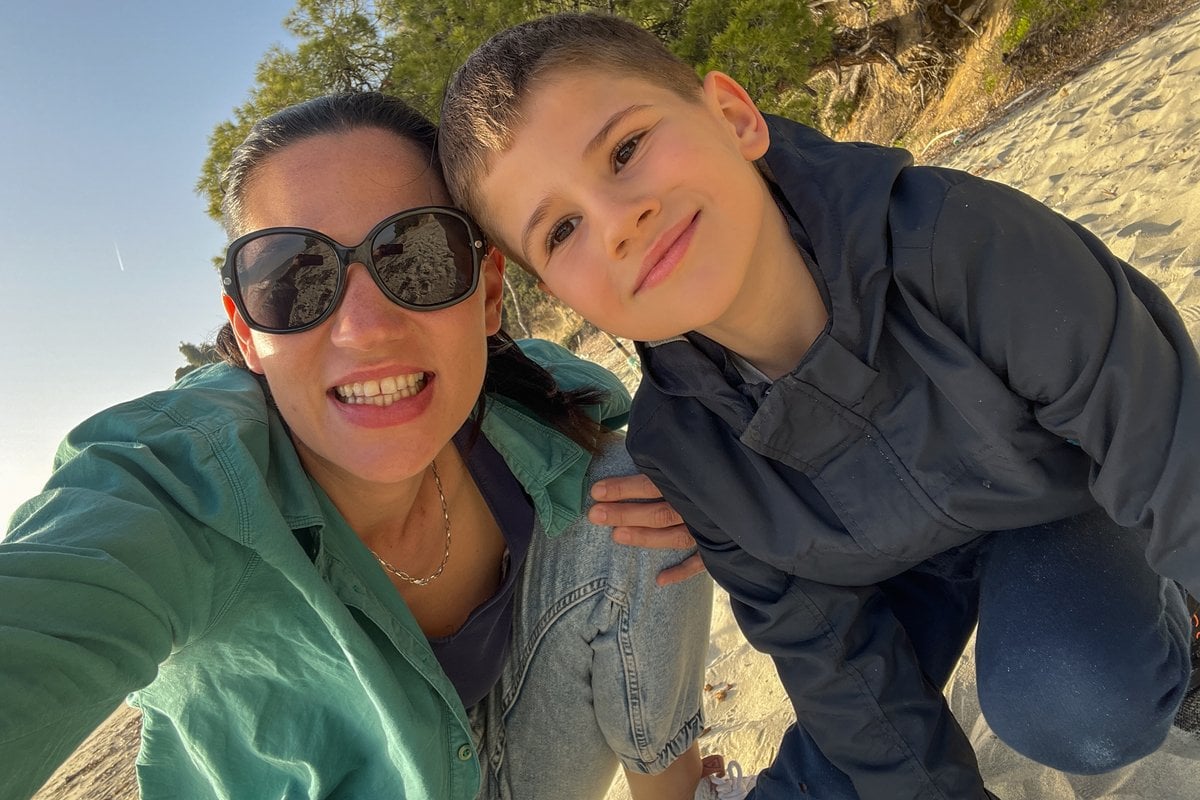
This article was originally published on Substack. Subscribe to Claire Zulkey's Substack, here.
Sometimes when you express something witchy on social media (or even real life), other people come back with the promise/threat that you're going to miss this some day.
It can sound like they're saying that cherishing each moment of young parenthood fully and with an open heart and zero negative feelings will inoculate you later against feelings of bittersweetness or just plain grief later on when your kids are older.
I don't think that's true. I think even the best, most present, grateful and positive parent in the world feels a strange pang when they see a picture of their kid from a few years ago, and they feel like they somehow forgot the child was ever that little even though they totally were and the parent was there, working very hard to keep them happy and alive. No amount of keeping your mouth shut when they're at a hard phase will make you feel less sad when they leave someday.
But what do I know? Not much—which is why I spoke with an expert on the act of savouring, i.e. making good times last longer or feel more intense. I interviewed Loyola University psychology professor Fred Bryant on savouring earlier this summer—he's written a book on the topic.
Watch: The science behind the act of savouring. Post continues after video.
